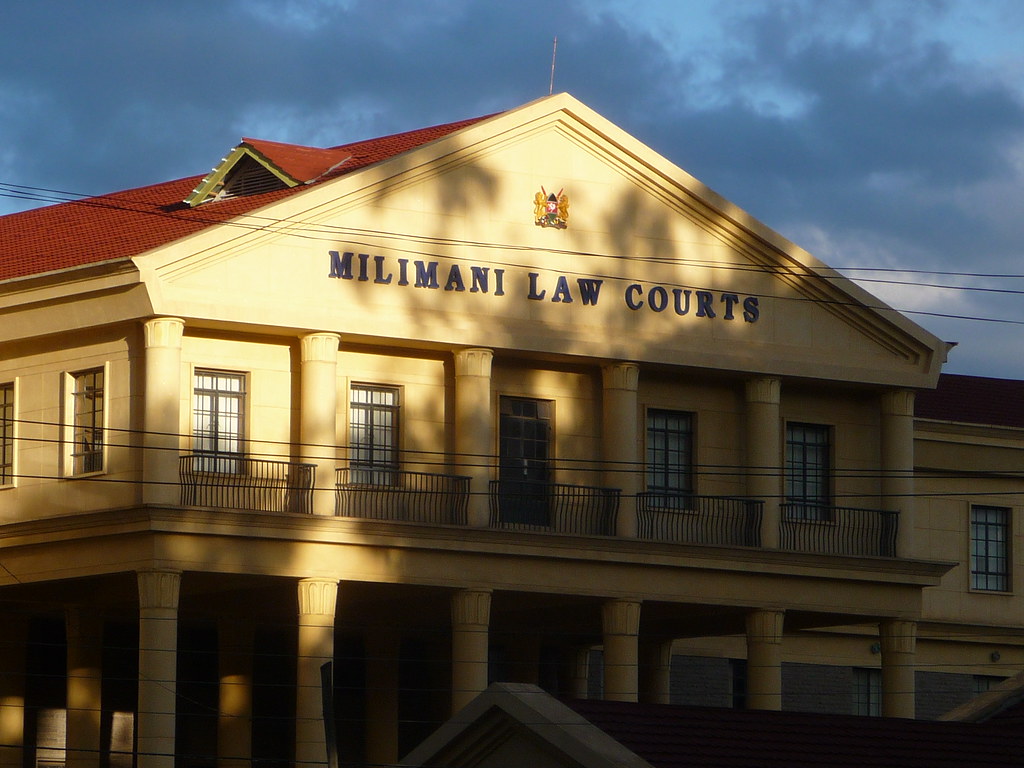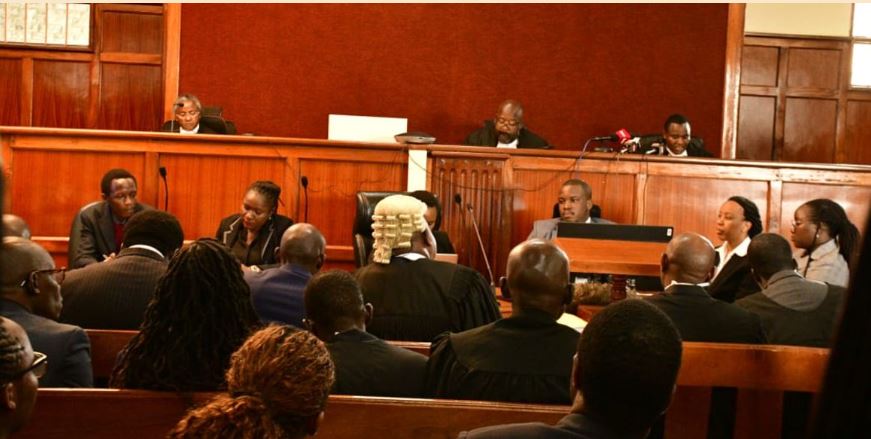When the Judiciary Builds Walls, Not Bridges
by admin on | 2025-08-02 16:54:25 Last Updated by admin on 2025-10-26 10:32:41
Share: Facebook | Twitter | Whatsapp | Linkedin Visits: 220

In the face of a rising tide of citizen unrest, Kenya’s judiciary is retreating. Not into reflection and reform, but into defensiveness and detachment. Public criticism of punitive bail terms has been met not with introspection, but indignation. Judicial officers whose decisions have life-altering consequences are behaving as if they are beyond reproach. This is dangerous. Because when courts stop listening, citizens stop believing. And when legitimacy crumbles, justice becomes a shell of itself. There is a growing sense across the country that bail and bond decisions are no longer anchored in fairness, precedent, or proportionality. They appear arbitrary, inconsistent, and at times deliberately punitive, especially when applied to protesters, activists, and dissenters. And as more Kenyans are slapped with exaggerated bail conditions for merely exercising their constitutional right to demonstrate, a fundamental question must be asked: whose judiciary is this? The Judicial Service Commission (JSC) and senior judges must understand one thing clearly: the judiciary is not a sacred shrine. It is not a temple immune to scrutiny. It is not a deity before whom citizens must kneel in silence. It is a public institution, funded by the people, empowered by the Constitution, and accountable to both. When the public protests bail decisions that make no sense, like demanding Ksh 500,000 for a protester or denying bond to a student arrested during a demonstration, it is not an attack on the judiciary. It is feedback. It is civic engagement. It is democracy at work. To label this feedback “unwarranted” is to misunderstand the moment and misdiagnose the problem. The people are not enemies of the judiciary. They are its clients. And right now, the clients are dissatisfied. Justice, at its core, must be seen to be done. But when two similar cases receive wildly different bail terms or when protest-related charges are met with conditions harsher than those given to corruption suspects, something is clearly wrong. Kenyans are not blind. They can see the inconsistency. They can feel the bias. And they are right to be outraged. Consider recent events: peaceful Gen Z protesters charged with “unlawful assembly” are handed bail terms equivalent to hardened criminals. Students arrested with nothing but placards and slogans are treated as national threats. Meanwhile, politicians accused of inciting violence, stealing public funds, or undermining institutions continue to walk free on cashless bonds and endless adjournments. This contradiction is glaring. It undermines the moral authority of the judiciary. It creates the perception, whether real or not, that the courts are being weaponised against dissent, and that certain judges are only too willing to play along. The Return of Judicial Subservience? The conduct of some judicial officers, such as those in Thika Law Courts, has rekindled Read more...




